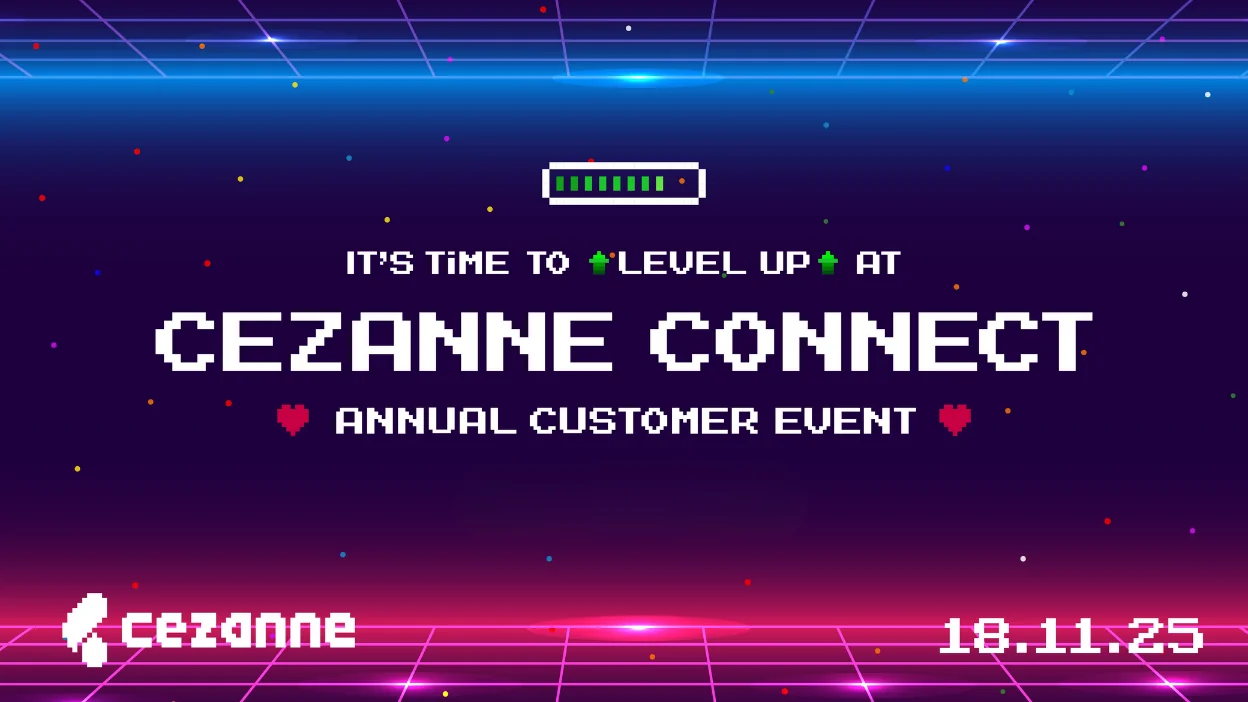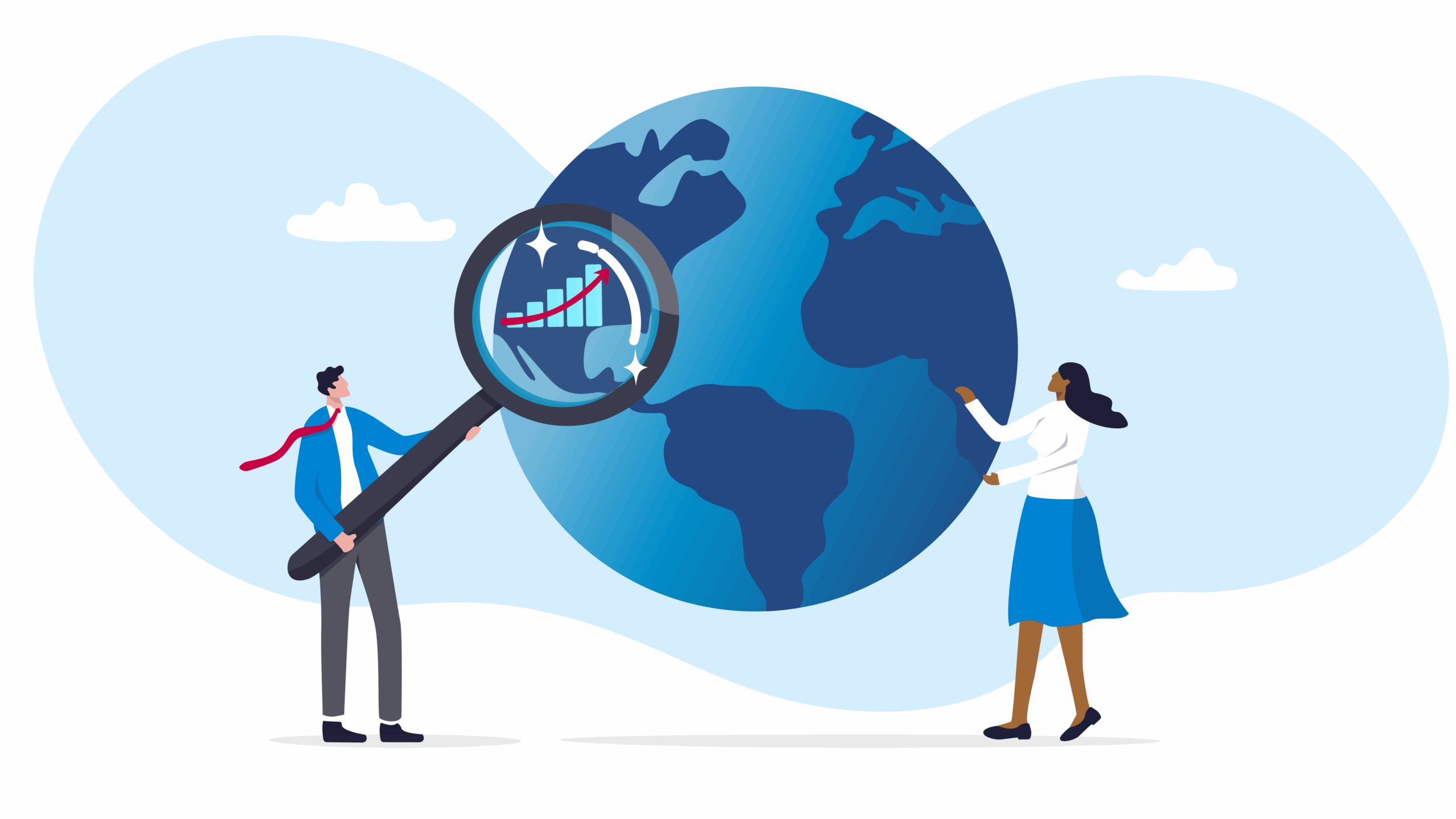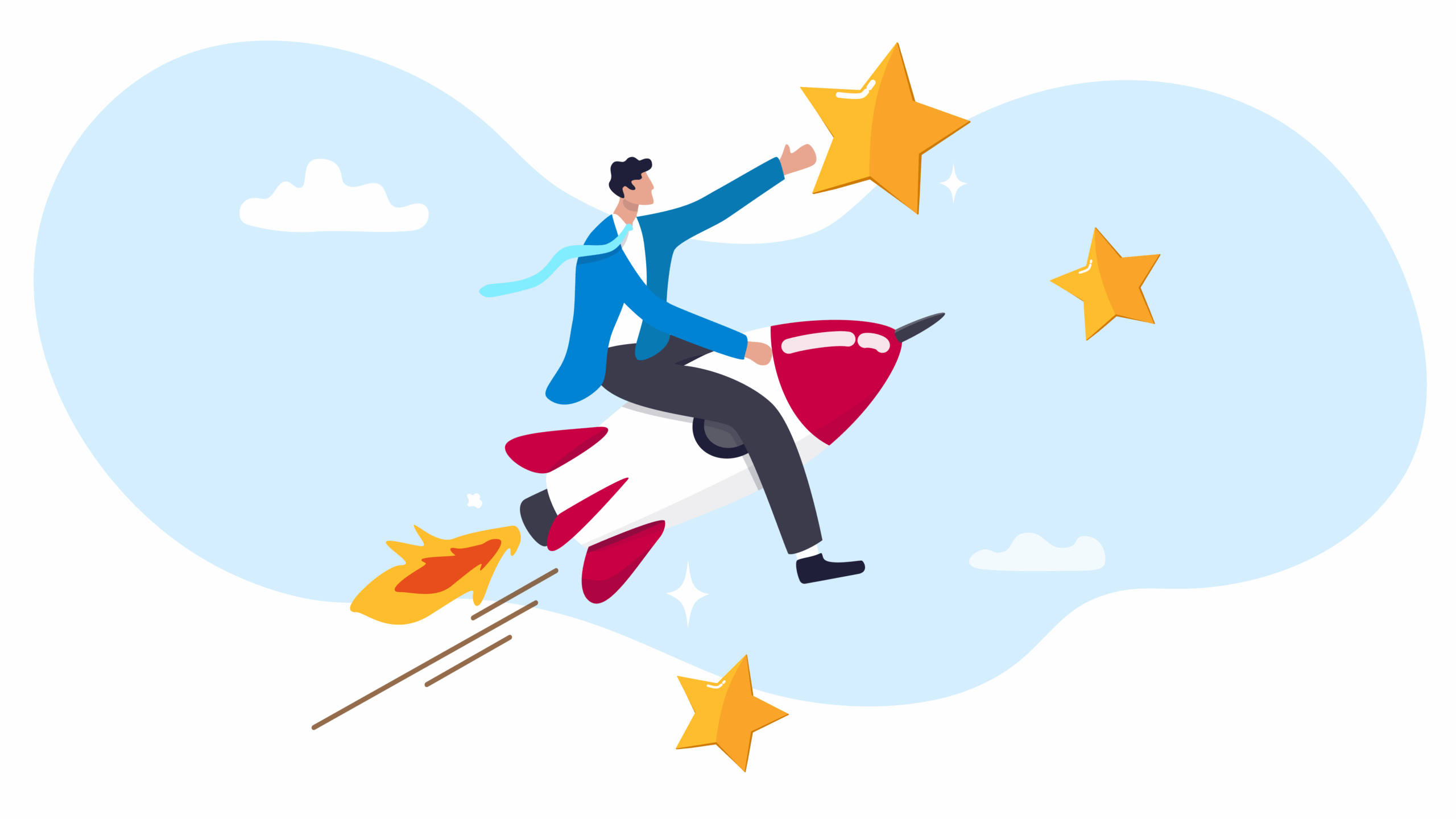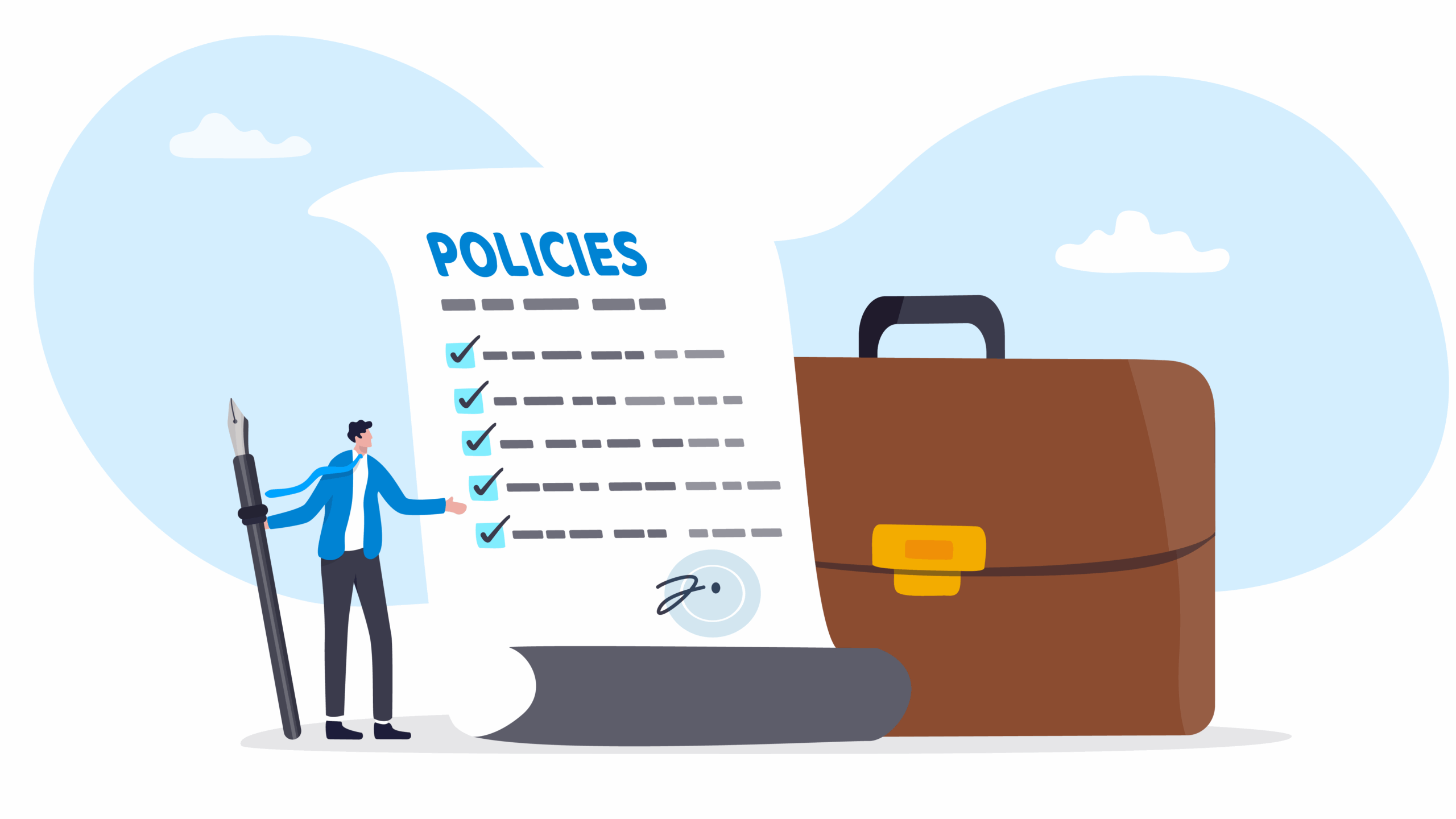If you want to lock down a meeting with Donald Knight, chief people officer at Greenhouse, a hiring operating system provider, suggest grabbing some Jeni’s, an artisanal ice cream chain based in Columbus, Ohio. He’ll probably recommend you get the pancakes and syrup variety.
“You can eat breakfast all day,” Knight told HR Dive.
When he’s not indulging in an icy treat, Knight leads the people team at Greenhouse and has served in various HR roles, worked in business development, co-founded a podcasting media company and served as a financial analyst.
Despite his business successes, the title he is most proud of is being Daylen’s Dad. And, come March, he’ll be the new father of a little girl, too.
This conversation was edited for clarity and length.
HR DIVE: What changes have you seen in the HR space since you’ve been in the industry?
DONALD KNIGHT: Flexibility is here to stay. Employers are trying to figure out what a hybrid model looks like, what a distributed model looks like and, for those that are even more flexible, what a remote environment looks like. Those things are going to be around moving forward.
I tell people HR now stands for “huge responsibility.” We’ve had to do contact tracing. We’ve had to do COVID protocols. Then, when there’s a catastrophe that happens in the world, whether it’s political or social in nature, we are also the chief respondent. The levels of trust between an employer and employee are at an all-time high, because they can’t trust a lot of the other outlets when it comes to validation of certain ongoing things.
I think there’s a responsibility of transparency — not just pay transparency, which is one form of shift that we’ve seen in the market — but overall transparency in communications and showing that a company culturally is at least aware of the things that are affecting people outside of the workplace. Because we know it impacts the way they show up inside of the proverbial workplace.
Last but not least, you start to look at five different generations working in the workforce. They have different needs and different expectations. Employees will continue to pressure-test. If you have a five-day workweek, they want to know why you don’t have a four-day workweek. I think those are some of the things that are also here to stay.
What are the big issues in the DE&I space?
I’m excited to see people still talking about DE&I, despite CEOs who are tweeting D-I-E.
I think the reality is, when you start to look at flexibility and you start to look at DE&I, they go hand in hand. There are people that were told for years that if they couldn’t perform a certain job function, they need not apply, because they were born with different abilities. During the pandemic, those who identify as people with diverse abilities or disabilities, were afforded the flexibility to get accommodations. To me, that speaks to the interplay that happens between DE&I and flexibility.
Companies that practice a heightened sense of inclusion, diversity, equity and allyship often are companies that look to provide as much flexibility as possible. People want to go about places where they’re seen, valued and heard.
In talent acquisition, what challenges do you face and what do people want from a company?
The first things I go to are the essentials. What are the essentials you’re providing to people in order for them to thrive? To me it’s no longer a benefit. Benefits were founded in the early 1900s when a worker needed sick time. Now, people need essentials to live. If I’m looking to create a family, I might need access to fertility benefits. If I’m looking to take care of my kids, I’m trying to figure that out outside of just medical, dental and vision. What are you doing for telemedicine, because they may be restricted to a certain location?
For companies moving forward, the thing we have to be mindful of, particularly in talent acquisition, is storytelling. How do you tell the story of your organization? What’s the differentiator between you and your counterparts? People are starting to pressure test companies, particularly TA professionals, to not just tell them about the culture but to make it real for them. How does your team practice DE&I? How does your team practice flexibility in the workplace? How does your team ensure what is the makeup and demographics of your team?
What would people be most surprised to find out about you?
My favorite title of all time is being a dad. I’ve just learned so much and grown a lot, and it influences the way I show up in business. It influences the way that I care about people. I think most people will be shocked by that because most people care about whatever title they’ve achieved, SVP, chief, whoever. In my head, that’s what I do, that’s not who I am.
Probably the second-biggest thing people are surprised by is that the reason I even got into the people business is because I couldn’t stand HR personally. But my chief human resources officer told me because of my upbringing and the way that I navigated and traversed the world, that I would probably be really, really good at it. My parents were military, so I lived in six states and three countries before the age of 14. Then, I still managed to study abroad when I was getting my master’s. I tell people that not to boast about living in different places, but because I’ve been culturally immersed in so many different places. I have seen the beautiful tapestry of this thing called humanity. I’ve benefited from so many different perspectives.
The third thing that most people are shocked by is my love of ice cream. No one in the world loves ice cream more than me. We have a signature conference that we do every two years, and people will ask, “Donald, can I get time on your calendar?” I’m like, “If we get ice cream.” My favorite right now is Jeni’s. She’s an ice cream maker based out of Columbus, Ohio.
You’ve lived in a lot of countries. At which did you learn the most or enjoy the most?
I grew the most in Germany. It was central to everything. It was pre-Bosnia-Herzegovina conflict. Watching what that even looked like and being so close, basically in the center of Europe, that’s where I grew the most.
The one I enjoy the most is probably toward either Ireland or Greece. I studied abroad in Ireland, so it was just a very impressionable learning opportunity. Studying global economics was pretty cool. But Greece has also just been a place for us to vacation and enjoy life. My sister-in-law’s Greek, so whenever we get to get around her family, it’s pretty fun.
When you’re not working, what are some of your favorite things to do?
I am probably cheering my son on. He plays sports year-round. There’s football. Right now, we’re in wrestling. Then, he’ll do track next year in the spring.
If I’m not cheering him on, my wife and I are big foodies, so we’re probably trying some new restaurant.
When I’m not doing that, I’m probably playing basketball or at the gym.
How do you maintain work-life balance?
I don’t balance. I know that’s probably going to be controversial. I blender. What I mean by that is I have a blender at home on paper, and I have labeled the six blades that are most important to me: family, career, community, faith, fitness and food. I try to keep the blender going.
My family knows this, but sometimes it means I have to focus on one blade more than another. But as long as the blender keeps working, then I’m good. When the blender is not working, it’s because I haven’t given enough attention to each of the blades.
Right now, I’m talking to you from L.A. So, the career blender is at an all-time high. It’s the end of the year, and we’re trying to crank out as many deals as possible. I fly home tomorrow at 5:30 a.m., and I’m done for the rest of the year, outside of certain deals. It’s family time. That’s the blade I’m focused on.
I stopped trying to create a balance, because I just found it impossible to achieve. I just want to make sure those things, those blades that are most important to me, are the ones that keep spinning.
What types of books do you enjoy?
I like leadership books and books that allow me to explore spirituality. The recent spiritual book that I read was Inner Engineering by Sadhguru. It talks about the four yogis in all of us and how to keep them all fed.
Then, I like leadership books, anything from Atomic Habits, Dare to Lead, Atlas of the Heart. I’m a big Brené Brown, Malcolm Gladwell, Daniel Pink type of guy.
I’m a poetry guy, a lot of Rumi, a lot of Maya Angelou. They allow me to escape the day-to-day work and go live in language land, which I like.
Do you write poetry?
I do. It’s funny, I used to have an Instagram page that I used to publish. No one would know it was me. I probably got up to a couple 100 followers. One of the people who was following me said, “You should write a book.” They sent me this guy named Pierre Jeanty. He wrote a book called HER, and it’s a book of poems. I was like, “O-M-G, I love it.” So I deleted the page, and I’ve been writing my poetry down. One day, I’ll get the courage enough to actually publish it.










